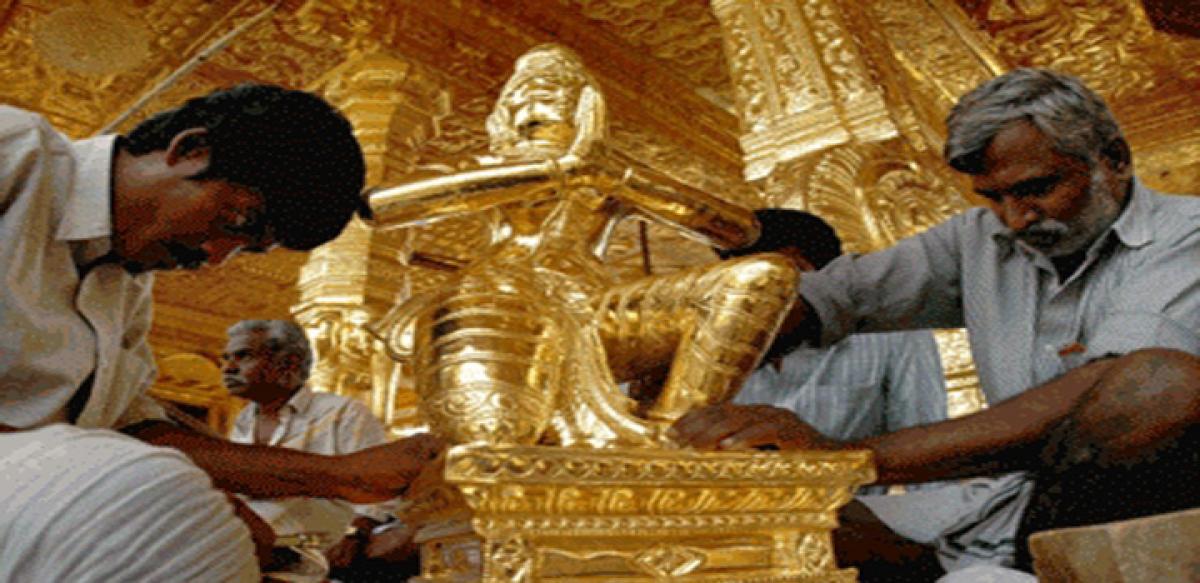Live
- Punjab DGP, MHA official request farmer leader Dallewal to end 20-day fast
- Stage Collapse During Swearing-In Ceremony of KUDA chairman in Kakinada
- Govt unveils ‘Jalvahak’ to boost inland waterways
- List of criminals: Delhi BJP chief on AAP panel of 38 candidates
- PSBs in India clock record Rs 1.41 lakh crore in net profit in FY24
- Telangana Government Announces Key Development Plans: Bhatti Vikramarka
- Crackdown on illegal poppy farming in Manipur: Assam Rifles destroyed 6,228 acres in 5 years
- South Korea's ruling party leader cancels press conference amid calls for resignation
- AIADMK's big meet discusses 2026 polls, prospective alliances
- BJP questions Congress-Shiv Sena (UBT) alliance over Aaditya Thackeray's Savarkar-Nehru remark









